Do you have some solar lights that went out and wondering what the problem could be. You’ll find this article helpful. While solar lights are resistant to the ever-changing weather, they can encounter issues or run into some trouble, which is common to many users. But that doesn’t mean their functionality is entirely dead.
Here we’ve identified some of the major reasons your solar lights suddenly stopped working and tips to get them back up and working.
Why solar lights stop working
Solar lights are known to be resilient by design, providing reliable lighting in a variety of outdoor conditions. They are put outside under a sturdy element to withstand various weather conditions. As a result, today, they are fast becoming an alternative lighting mechanism in offices, homes, and even cars!
Unlike other fuel lamps, solar lights are quite beneficial. They are cost-friendly and don’t pollute the environment. In short, they are an incredibly amazing source of energy. But what could be the cause of them not working?
The following could be some of the reasons:
1. They are not receiving enough sunlight
If you place your solar lights in the shade or a covered area, the chance of them working is minimal because they won’t receive sufficient sunlight. While you don’t have to place solar lamps into the direct sun to function, they need a reasonable amount of light to be fully charged.
Outdoor solar lights usually charge their batteries within six hours of direct sunlight every day, depending on the sun intensity, type of solar panel, and battery. However, if your house or trees envelop the solar panels in the dark, especially during afternoon hours, they won’t get quite enough sunlight, and they might not turn on all night long.
2. Batteries’ lifespan has come to an end
“In most cases, solar-powered lights stop working when a battery is dead, so you might want to take a look and see whether they are worn out or too old. While there are long-lasting batteries like Nickel Metal Hydride batteries (NiMH), they also drop in performance as time goes.
Batteries that are worn out may start to erode, resulting in acid leakage, and this could cause permanent damage to the solar lamp’s electrical components. These batteries also cannot hold an adequate charge to light up solar lamps, and if they can, not for so long. Therefore, if dead batteries are the culprit of your solar lights not working, you need to replace them.
3. Solar lights have a faulty sensor
A sensor reacts to darkness allowing the solar light to go off during the day and turn on at night. But none of this will happen with an ineffective sensor unless you do it manually by bypassing the sensors, and you probably don’t have all the time for that.
If the solar light has a faulty sensor, it won’t differentiate between day and night. But how can you tell if this is the cause of your solar lights not working? You can check during the nighttime by covering the sensor with your hand or cloth, and if it brings to light, it is working perfectly fine. On the contrary, it will show no light if it is defective.
4. The solar panels are covered with dirt
Earlier we mentioned that inadequate sunlight could be why your solar lights are not working, but dirty panels are also a hindrance. A layer of dust or dirt on a solar panel prevents it from absorbing sunlight, and the little that gets in may not charge the batteries properly.
The dust could even get so thick that no sunlight reaches the panels, and as a result, the batteries will not charge at all. Before you assume the batteries are dead, ensure the panels are clean and sunlight can pass through. If fallen tree leaves are on the solar panel, clear them off as they can completely block the sun rays.
5. Water buildup in the panels
Even though solar lights are water and weather resistant, sometimes residue or water may build up inside the light fixture, damaging internal wiring and circuitry. To check if the solar light fixture is filled with water, you can detach the panel head from either the wall, post, or pier mount.
Wondering how water could leak through the panel? If you have used the solar lights for quite some time, the sealant tends to get older, thus becoming less effective, and that’s how water gets inside the panel.
6. The proximity to other light sources is too close
Solar lights are equipped with a light sensor that detects any light, including artificial ones. So, if other sources of lights such as house/garage lights, street lights, and neighbor lights are shining towards your solar lamps, it could be the cause of them not working properly.
To find out if this is the issue, check your solar panels’ location to see whether there is another source of light close to it.
How to fix solar lights that won’t turn on
When your solar lights were brand new, they seemed like a great idea. Installation was a breeze, and you can easily move them around the yard since they are not connected to an electrical cord. However, you might not feel the same once you start experiencing a few quirks along the way. You’ll probably find them less reliable, but the good news is that there is a fix even for the biggest problem your solar lights have presented.
Now that you know the possible cause of your solar lights not working let’s take a look at ways to fix them so they can start functioning well again.
Place the solar lights where they can receive sufficient sunlight
Your solar panels will not absorb enough sunlight to recharge the batteries if they are in a shaded area. You need to relocate them to somewhere where they can receive direct sunlight for a couple of hours. In case there is an overgrowth of grass or bush surrounding the solar lamp, you can go with the option of trimming it short. Ensure that there is no shading on the solar panels. By doing this, the solar lights will get enough sun for the batteries to remain fully recharged.
Replace the batteries
Batteries are essential components in solar lights, and you need to replace them after approximately three years. Mostly, users forget to check until solar lights are no longer working due to old batteries.
How long have you used your current batteries? If it’s beyond three years, replace them with more modern products like NiMH and Li-ion batteries. They’re great batteries, and they will serve you for several years before they lose their charging ability.
Change the sensor
If your solar light sensor is faulty, you can always replace it as long as the rest of the lamp is in good condition. The good thing is that some manufacturers offer replacements, so you can reach out to the manufacturer of your solar lights to repair the sensors. This solution is not only cost-effective but also a simple fix for your solar light to back up and start performing.
Regularly clean the solar panels
After installing solar lights, you need to ensure the panels are always clean as they tend to get dirty with time. Dust or any debris on the panels reduces the lighting time and the charging process, and that’s why it’s a great idea to clean them now and then. You can use a hose and soapy water, which is the most effective way. A clean solar panel can more effectively convert sunlight into electricity to charge the batteries. Not to mention, your home will become more beautiful.
Ensure there is no water inside the solar lamp
Although outdoor solar lights are built to withstand water and rain, they can be overwhelmed, especially during heavy rains, and end up not functioning. If the solar light is filled with water, disassemble it as needed and dry off all the accessories, paying close attention to the sensor. After thoroughly doing that, carefully put it back together, and test the solar light in a dark room to see if it will work. If it does, water was the cause of the damage.
Relocate your solar light away from other light sources
Do you have another artificial light next to your solar lamp? This could be the cause of failure. Switch the lamp to a different area and see if that fixes your problem. Place where it can receive adequate sunlight during the day and no intervention from other lights at night.
Final thoughts
Solar lights are environment-friendly, cost-effective, and a great way to light up your backyard or garden. Nevertheless, a couple of reasons can cause them to stop working, including dead batteries and dirty solar panels.
This article contains excellent information about how solar lights work, and we’re sure you’ll find it useful. If yours is not functioning, you now know what could have caused the problem and how to fix it.

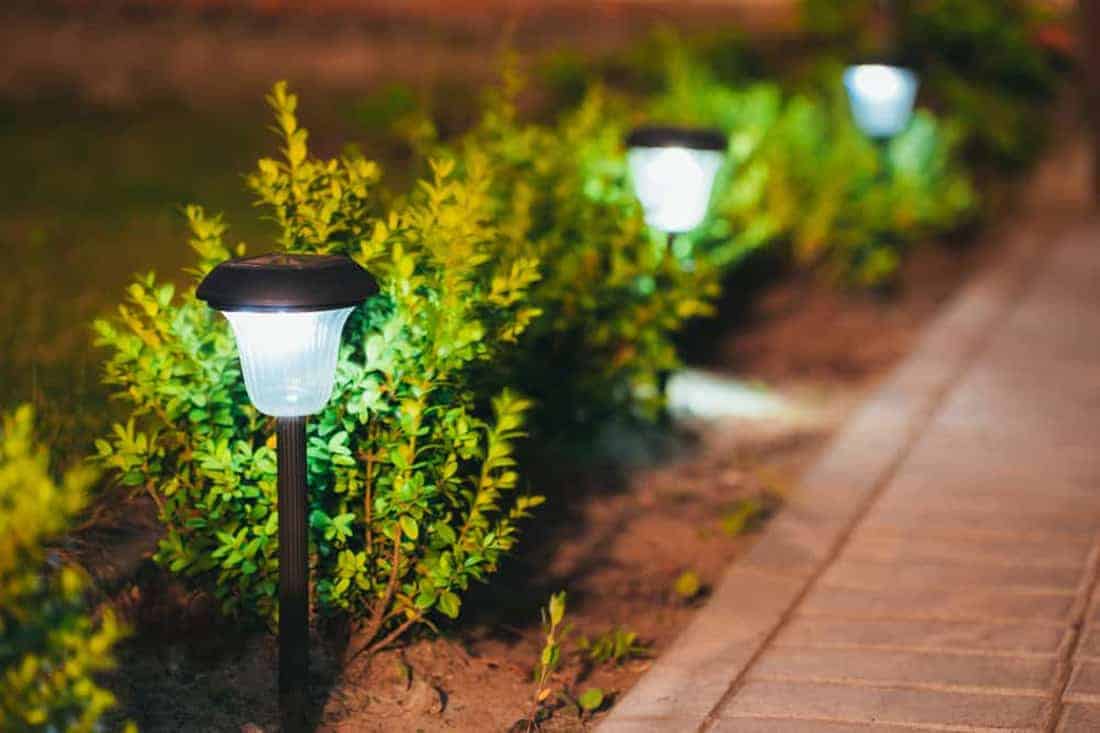
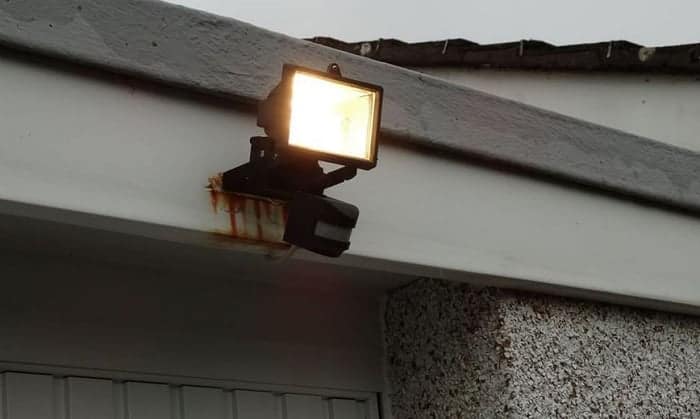
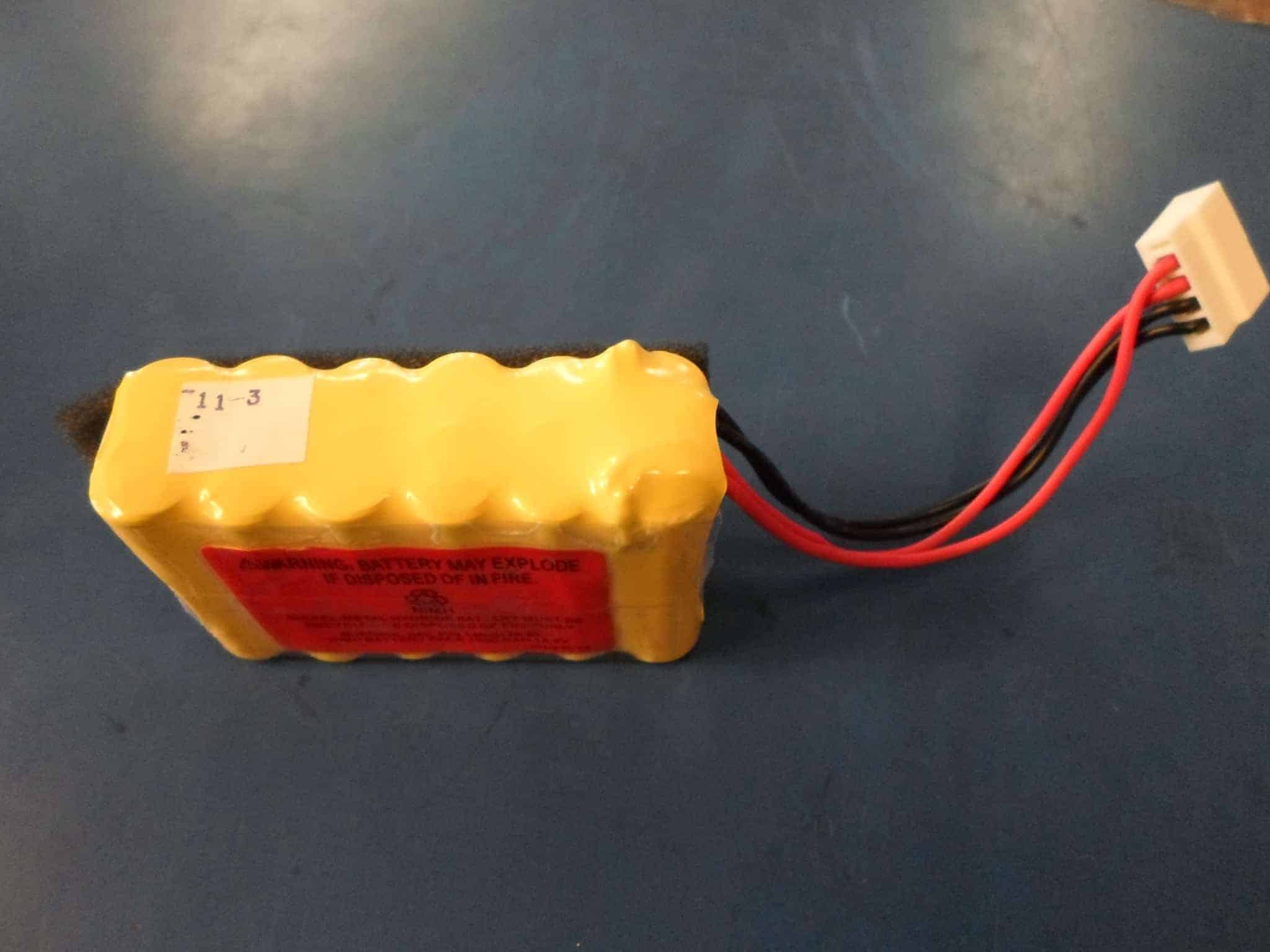
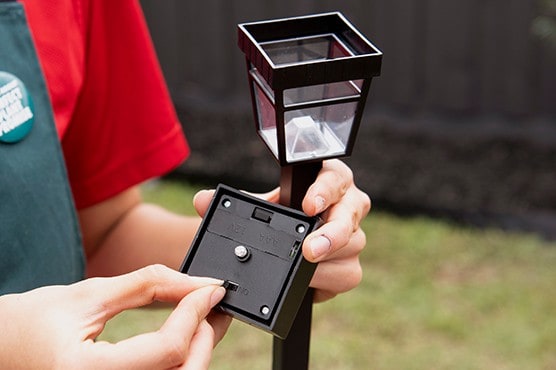
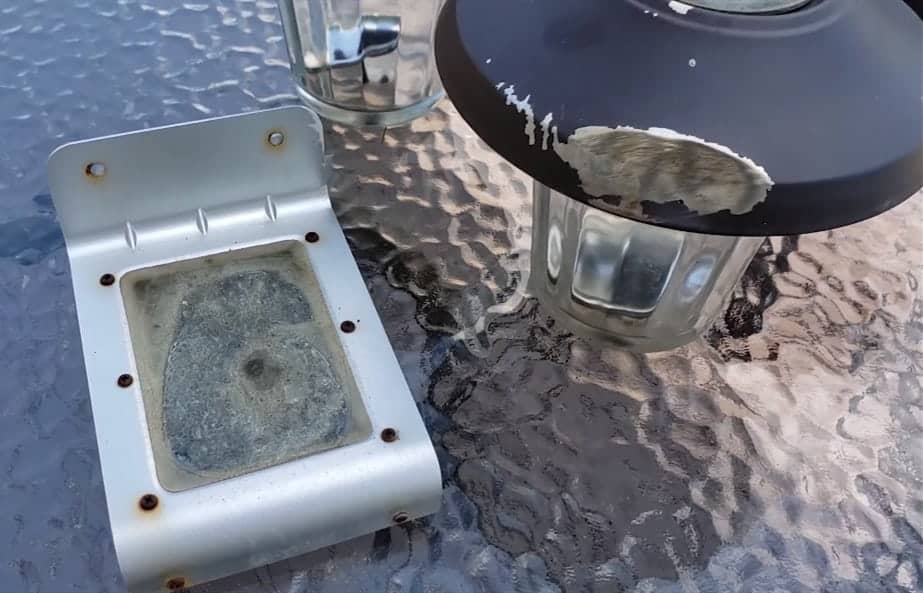
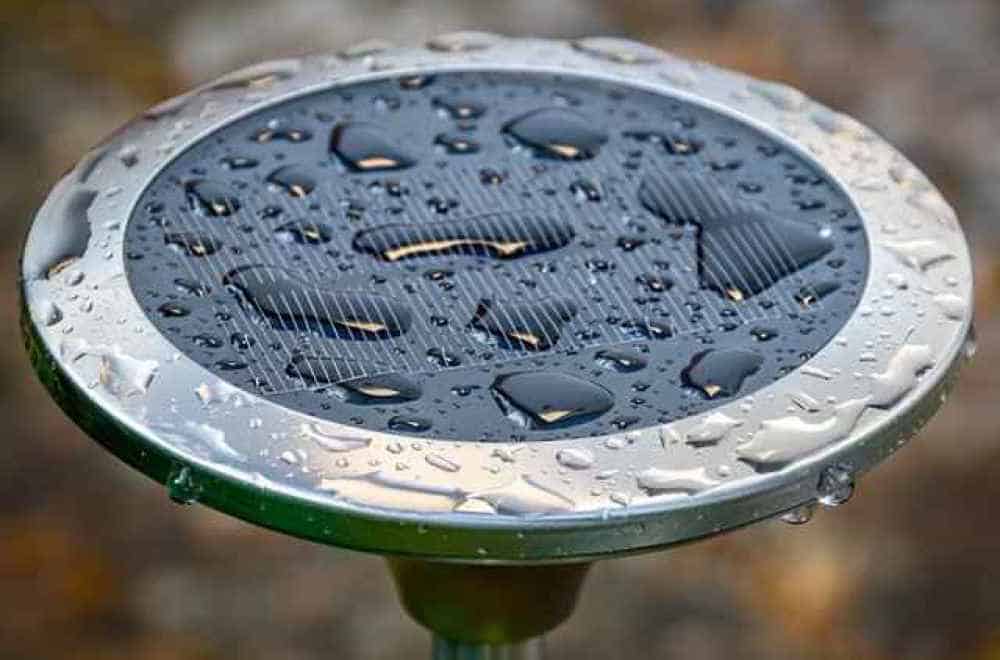
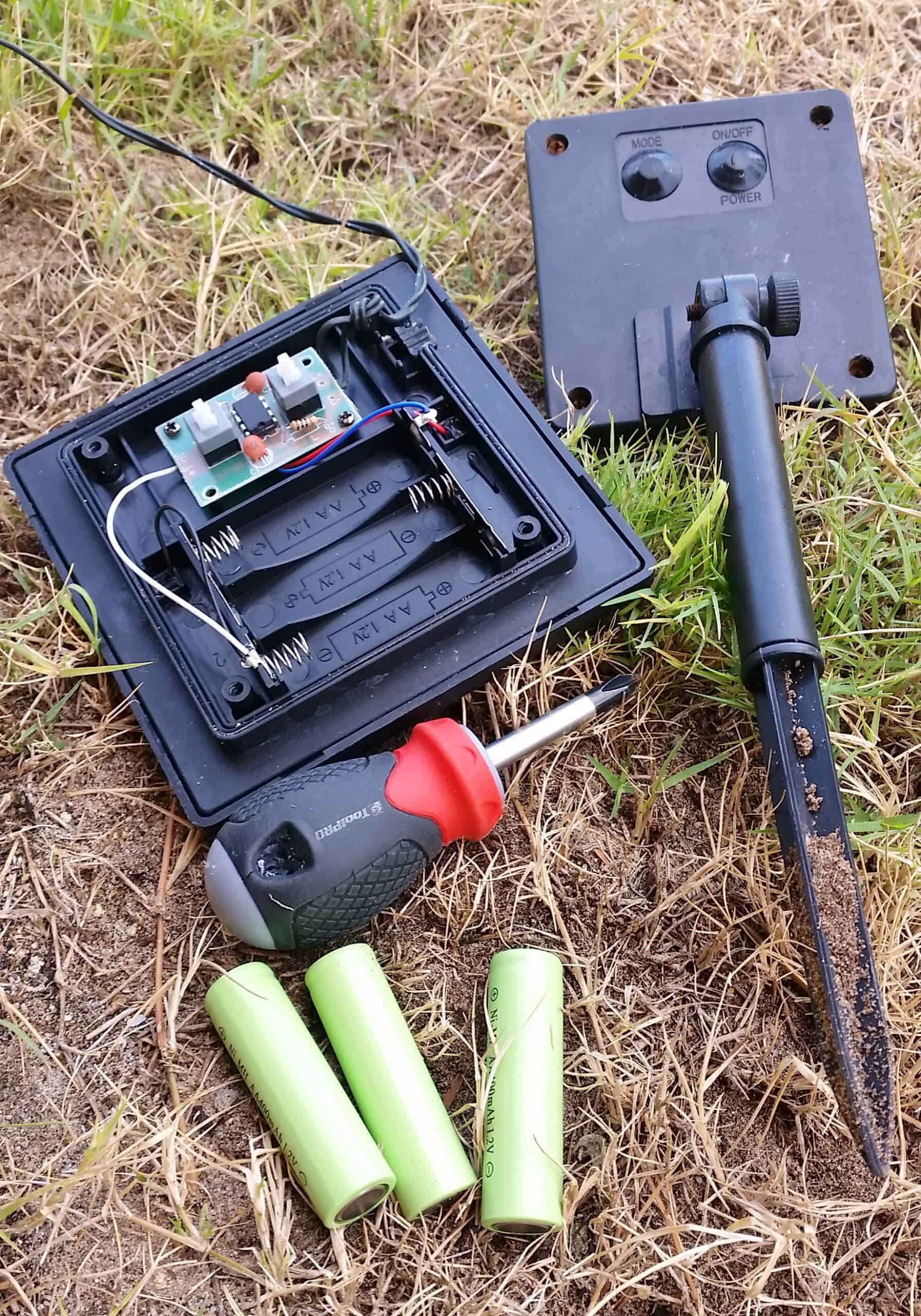
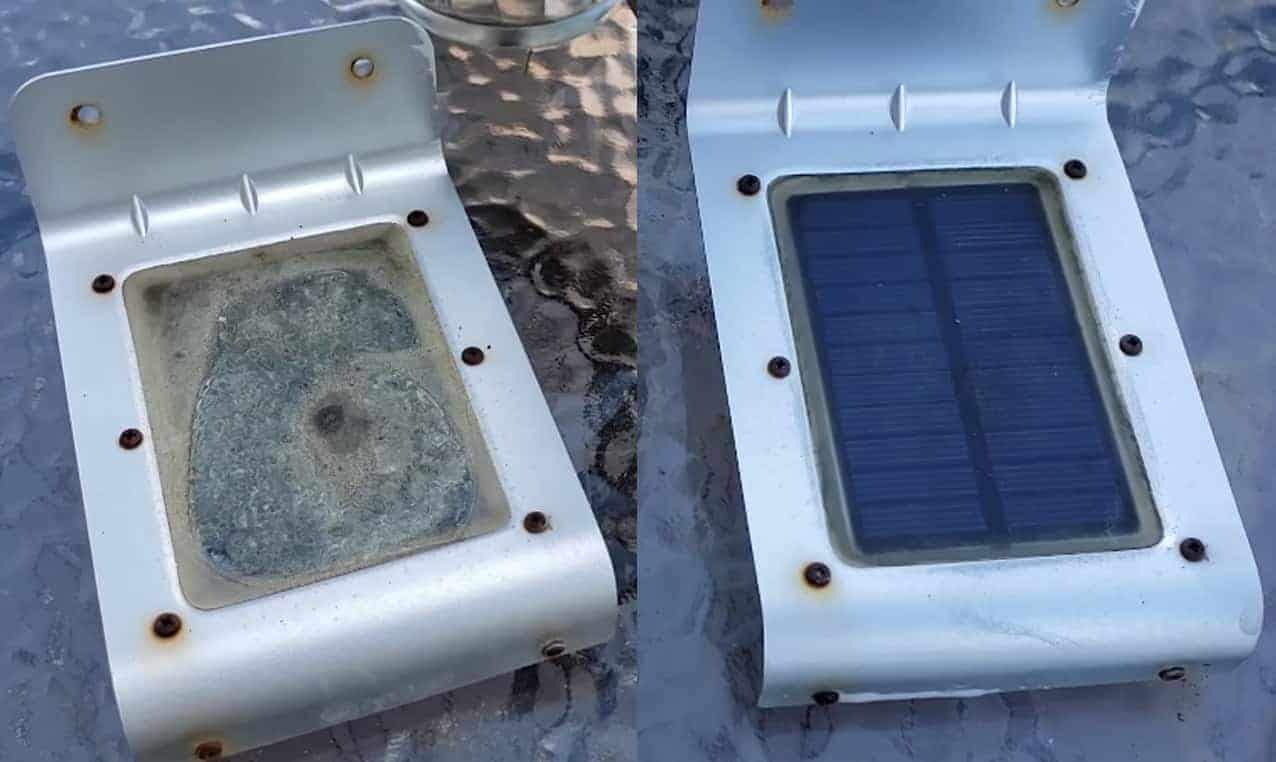
Very reliable and useful information and I am grateful. God bless you .